Keeping chicken in your backyard is an exciting experience. Some of you however, might be thinking of hatching, raising and incubating chicken eggs. This is quite a difficult task as there is a proper timing for everything; for the incubating, for the hatching and for the raising of the hatched eggs. So let us focus on the major stages of a chicken egg right from the gestation till the hatching of the egg.
The first thing you need to know is that the hens are in a healthy and a breeding condition. For this, you need to ensure that the coop is well constructed and comfortable for the hens and the food provided is good quality food. The absence of cockerel in the coop or in the hen flock leads to infertile eggs. Therefore introduction of a cockerel into the coop is necessary in order to achieve fertile eggs. Once this is done, the eggs are fertilized and you are ready to incubate them. Remember that the incubation time of eggs is 21 days and proper conditions should be provided for proper incubation and for proper hatching of chicken eggs. The optimum temperature for incubation is 37.5 degrees. If the incubation is normal using the mother chicken, then the optimum temperature need not to be maintained but in artificial incubation this temperature requirement is one of the important considerations.
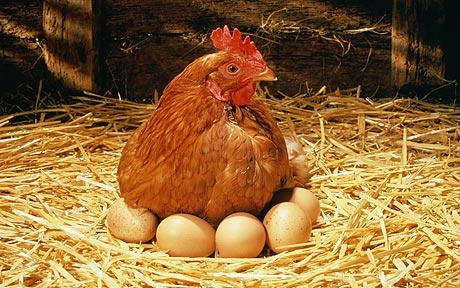
Another important thing in chicken egg development is that the eggs need to be turned twice every day in order to ensure proper development of chicken egg.
If we talk about the chick development in biological terms, then the major stages are worth noticing. The egg when laid after almost 20 hours of fertilization, undergo few chicken egg developmental stages. The egg laying is followed by cleavage, which is again followed by gastrulation, which then leads to organogenesis and this eventually leads to hatching chicken eggs. Once the egg hatches with a baby chick the outer development continues and the chick changes to a hen as a result of these changes.
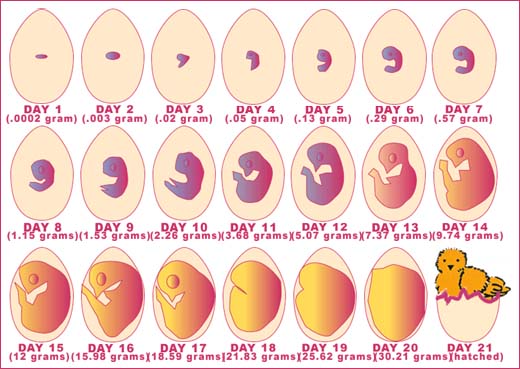
- When the egg is laid, the egg has an egg yolk, an egg white, an air sac, a yolk balancer, membranes for protection and blastoderm (which is basically the embryo).
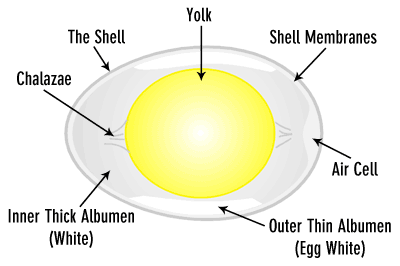
- The next chicken embryo development stage of cleavage involves the furrow development which leads to multiple cell formation and different layer formation like epiblast and hypoblast. These layers then play a role in organ formation.
- Then the gastrulation stage comes, which begins with primitive streak. This stage helps in determining the anterior and the posterior part of the egg which later leads to head determination.
- After this stage, organogenesis comes which is basically the organ formation stage. The organ development and the neural tube formation and development of chicken eggs finally pave the way for the hatching of the chick out of the egg. The egg then changes to an adult within 40 to 45 days after hatching.
In a nutshell, if you are interested in the chicken egg development in addition to just chick farming, you must be critical enough regarding the days and the egg development cycle.
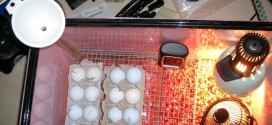
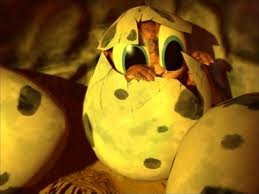

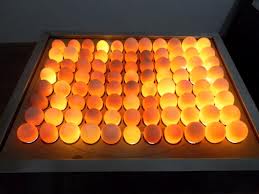
I think 40 degrees incubation temperature is wrong, even if you mean Celsius. I believe the optimum temperature in Fahrenheit is 99.5, with a range from 99 to 102. Converting to Celsius, 37,2 to 38.9 degrees, with an optimum at 37.5 degrees Celsius.
Interesting info never-the-less.
Thanks.
thanx for pointing.
Hi Mr.Farhan Sheikh, i am one of the young, passionate and good interest graduate class of Animal Health Assistant (veterinary science) but with less train on Poultry production, if you have any place to train me on poultry farm, i do have the interest to work more in my country on poultry production but i miss the training. so Mr.Farhan can you help me to arrange any free scholar ship for 6 or 9 month based on the poultry production for me because i am from Ethiopia, Mekelle University Staff or if you have any address regarding the short training, you are all welcome.
your applicant
u can join me at http://www.linkedin.com/profile/view?id=217482153&trk=hb_tab_pro_top
i have many poultry related groups there,hope u will find more opportunities there
farhansheikh,
Hi, if your interested to come to India and get trained i will do it in our breeding farm, but you have bare your travelling expence